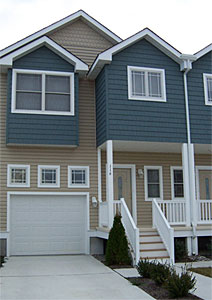
If you’d like to get the best property for the smallest amount of money, you should place yourself in a position for strong negotiation. Price is not the only thing that you need to negotiate; there’s also other terms like the length of your mortgage that are critical to the seller.
Make sure you sell your old property before you buy a new house. If you’ve found the perfect house but ask the seller to wait until you’ve sold your old one, chances are you’ll lose the house. The seller will figure that this is a risky deal since there’s a high chance you won’t be able to sell your old property. So you’ll be performing a contingency sale, where you pay more money and have little or no say on the terms, effectively reducing the risk factor for the seller.
List down all the things you want and do not want in your new house and use this as a guide when he visits new properties. This will help put things into perspective when you compare houses that seem to offer the same benefits.
Remember that there’s also a difference between “style” and “substance”. Substance are things about the property that cannot be changed, such as the lot size, location, floor plan, and neighborhood. Style are surface details that you can easily change like the windows, wall colors, etc. Get a house with more substance and consider it for its merits, not how pretty it looks.
Finally, never allow anyone, not even your real estate agent, to push you into buying just any house. Make sure you’ve seen enough properties to be able to pick out the best one.







